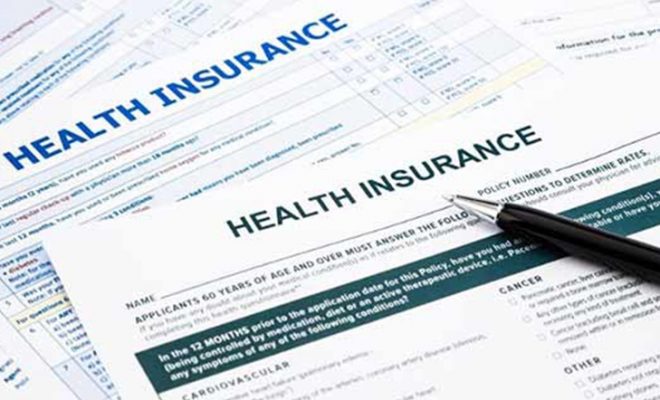5 Steps for incorporating Healthcare in Retirement Planning

Financial Speaker and author, Robert Laura, once stated, “A successful retirement isn’t one without problems, but one in which you learn to overcome them.”
Deteriorating health is considered to be a major problem associated with old age, but it is also inevitable. This is why healthcare goals should be an important part of your retirement planning. Healthcare costs do not just include medical expenses at the hospital but also preventive care, long-term care, etc. For example, depending on your health and number of post-retirement years, you may have to spend a great part of your retirement in a nursing home. Health care expenses can be manifold and include both, premiums and additional expenses from unexpected emergencies.
5 Steps to incorporate Healthcare in Retirement Planning and save up for your future
1. Understand Medicare
Medicare is often misunderstood in retirement planning. While Medicare has many benefits that certainly reduce the load of healthcare expenses, it is not sufficient alone. It is important to understand the components of your Medicare plan to reap full benefits. For example, Medicare will not cover the costs of medication unless you have a Medicare Part D prescription drug policy. For eye care and dental care, you need a Medicare Advantage plan. Make sure you have these policies as part of your Medicare benefits to cover these expenses. Here are the types of Medicare premiums available to you.
- Part A covers the cost of hospitals after meeting a deductible.
- Part B requires an annual premium and offers optional coverage for medical expenses.
- Part D covers prescription drug coverage.
- Medicare Advantage plan usually covers the benefits of Part A, Part B, Part D, and some other benefits.
- Medigap policies cover expenses that are excluded in Part A and Part B. Medigap is only offered by private insurance companies.
It is good to opt for these additional plans to cover multiple medical expenses. Medicare plans can also be changed over time, so if you have not opted for some of these now, you can go ahead and make some changes. But don’t wait till you hit retirement; make sure you enroll early to avoid late enrollment penalty fees.
2. Prepare for long- term care expenses
If not accounted, long- term care costs can cripple your retirement planning goals. At an average, nursing homes can cost $150 to $300 a day. If you end up in a nursing home, these costs can further multiply in no time. Since Medicare does not cover long- term care, you need to have insurance to cover these expenses. You can either buy long- term care insurance or take up a life insurance policy that includes long- term care. Long- term care insurance is expensive and difficult to fit in everyone’s budget, so the latter is a better option here. Either way, buy one as early as possible, as insurance premiums can be costly if bought at a later age.
3. Set your Retirement age
A very important thing to consider in retirement planning is the retirement age. Some people like to retire in their 50s or early 60s. Before you make any decisions, calculate if your current retirement savings are sufficient. Understand that Medicare benefits will only be available to you after the age of 65. Assess your health and make provisions in your retirement planning goals to cover up for health expenses before the age of 65. Many people retire early and take up social security benefits to cover up medical costs, before Medicare kicks in. Taking up social security early reduces the benefits you can garner from it. It is advisable to delay social security to your 70s. If you don’t meet your healthcare cost estimates, postpone your retirement age.
4. Estimate costs
No one can predict the future, but it is good to consider some estimates in retirement planning. Look at your family history to evaluate your future health issues. If you have a history of illnesses, start early with preventive care. Make sure your insurance covers the costs of preventive tests. At an average, women live longer than men, which means a woman’s health care expense can outrun a man’s expense. All these factors are important to consider, even though they don’t guarantee anything.
5. Set up a Health Saving Account
Inflation and tax can eat into your retirement income. Health care costs are likely to go up by the time you reach retirement, due to inflation. The added tax can further increase health expenses. A good way to deal with these issues is by opening a health savings account or HSA. HSAs allow your money to grow tax- free. The withdrawals from health saving accounts are also exempted from tax. Moreover, if you start saving early in your career, you will get more time to cover the cost of inflation.
To sum it up
Retirement planning is a multifaceted goal. Most Americans think that housing and transportation are their biggest expenses after retirement. They also believe that healthcare expenses can be easily covered by Medicare. However, due to this mindset, they suffer from limited funds and accumulating medical bills, after retirement. The key to proper retirement planning is to understand your Medicare and then save accordingly.
Saving up for healthcare in retirement planning should begin as early as possible. Have you started yours? If not, consult financial advisors now and leverage their expertise and knowledge in the field.












